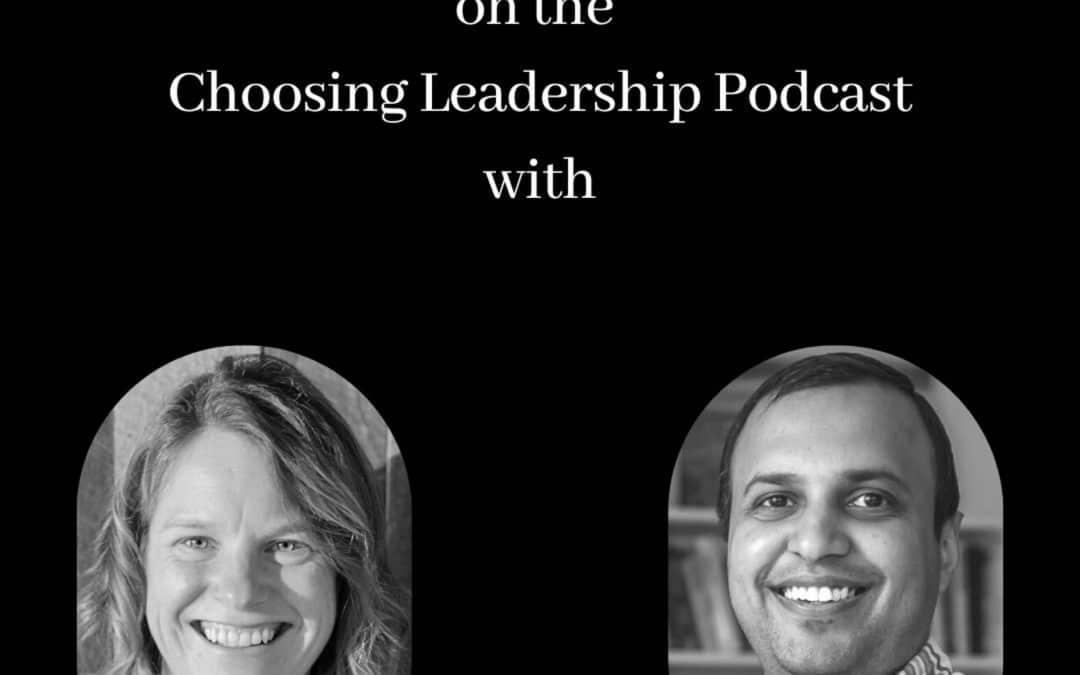This is the Humble Inquiries series. In this episode, Leslie joins me as my co-host to humbly inquire into Change, Pressure, and Uncertainty – which is one of the most pressing challenges leaders are facing today.
In each episode of Humble Inquiries, we are deliberately going to put ourselves in the uncomfortable space of not knowing the answer and humbly inquiring about these challenges – with the aim to provoke new thoughts, actions, and practices – to help us better serve our coaching clients, and also to help the leader in you navigate the biggest challenges – at life and at work.
Show Notes
- Leslie – “There’s no script for how to manage this”
- Sumit – “Rather than falling back to the old patterns which might have worked pretty well for a different era, for the 21st century, we need a new way of doing business and leading people.”
- Leslie – “You have to be humble to be able to do that with your team, with your whole organization, no matter what your role may be to open up and be a little vulnerable and create that space so that everyone else knows it’s okay.”
- Sumit – ” the first step is to acknowledge what it is and what it is not.”
- Leslie – “Grief happens with any change and ending really. There is no normal, that normal has ended and we all have experienced grief. Some of us are still in it, some of us are moving through it.”
- Leslie – “You have to allow the space and acknowledge what’s happening and still trying to work through it, not just wallowing in it, but giving space for it. And moving ahead. “
- Sumit – “Any emotion is not the problem. The problem is that we block the emotion. We don’t create a space to talk about it, to express it, whether it is with fear or anger or sadness.”
- Sumit – “The key thing here is taking responsibility doesn’t mean that you have to take a burden.”
- Sumit – “These are very small steps, but they can make a huge difference over a period of time. “
- Leslie – “silence is okay. “
As quoted by Edgar Schein in his book Humble Inquiry, an humble inquiry is recognizing that insights most often come from conversations and relationships in which we have learned to listen to each other and have learned to respond appropriately, to make joint sense out of our shared context, rather than arguing with each other into submission.


Trackbacks/Pingbacks